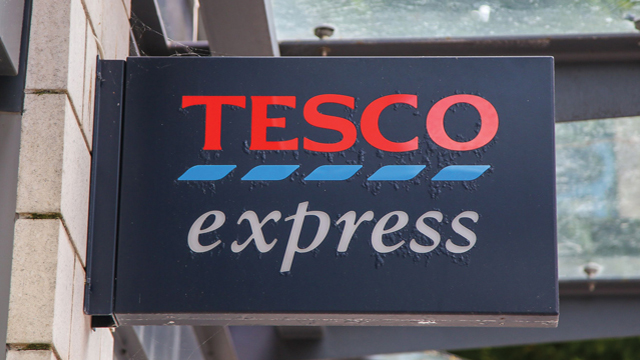Grocery real estate remains one of the UK’s most resilient and appealing investment sectors, driven by long-term demographic growth that supports both rental uplifts and store expansion by leading grocers.
Limited supply of supermarket assets on the market is keeping investor demand strong, further bolstered by expected interest rate cuts according to Colliers’ latest UK Grocery Report.
The Grocery Report shows supermarkets remain at the top for investors due to their scale, stability, and essential role. With limited supply and rising demand, the market now favours sellers, driven by rental growth potential and tight development pipelines.
A £403m joint venture between Supermarket Income REIT and Blue Owl Capital, targeting £1bn, highlights this trend.
Mark Girling, executive director of retail capital markets at Colliers, says: “The supermarket subsector’s inherent stability and scale has always attracted real estate investors. However, in the past year, the imbalance between investment opportunities and available capital has tilted in favour of sellers.
“This heightened focus on the sector is underpinned by the expectation of better returns and limited new store developments. For investors, the key to success is actively seeking new opportunities and leveraging industry insights.”
Supermarket real estate market activity
The report notes that Tesco and Sainsbury’s were the most actively traded supermarket operators last year, with 2025 expected to bring a rise in sale and leaseback deals, especially involving Morrisons and Asda.
Prime yields on index-linked leases of 10+ years now show a widening spread — from 4.2% to 9.5% NIY — driven by factors such as store quality, tenant covenant strength, and lease length. This trend is set to continue amid sustained investor demand for grocery assets.
Girling continues:“Supermarket real estate continues to offer attractive risk-adjusted returns, especially given the stability of long-term leases and steady consumer demand.”
Rental growth
The report notes that lease regears on larger supermarkets are prompting a reassessment of rental values, with landlords aiming to benefit from strong demand and rising rents.
Aldi and Lidl are acquiring mid-sized stores, while Homebase’s collapse has released larger sites, quickly taken up by grocers like Sainsbury’s and M&S.
High conversion costs are pushing net effective rents above headline rates. Rents are climbing fastest in affluent areas such as the South-East and within the M25, with M&S deals reaching up to £28 per sq ft in towns such as Dorking and Guildford.
Matt Hobbs, head of retail lease advisory, says: “Grocery retail’s expanding footprint highlights both the opportunities and complexities of acquiring and repurposing large retail stores. These latest transactions are likely to shape open market rent review negotiations in the coming months.”
The UK population is expected to hit 70m by 2026 and 72m by 2032, reinforcing the role of grocery stores as vital community anchors. Net immigration of 728,000 in the year to June 2024 has further highlighted the growing demand for grocery retail expansion.
Pierre Kunkler, director of retail investment says: “The demographic trajectory of the UK underpins the ongoing demand for grocery retail. Supermarkets are uniquely positioned to serve growing communities, reinforcing their role as stable, long-term investments.”
Investor interest in the grocery sector remains strong, supported by its stability and expectations of further interest rate cuts in 2025. Sale and leaseback activity is set to rise as operators seek to optimise capital.
“As grocery real estate investments continue to grow, they not only support consistent returns but also make a positive impact on local communities. Expanding grocery stores mean better access to essential services, fresh produce, and everyday goods.
“These investments also help create local jobs, support economic stability, and maintain competitive prices despite ongoing inflation. This synergy between investor interests and community benefits highlights the long-term value of grocery real estate in both urban and suburban settings,” says Girling.
Send feedback to Shifali Gorka
Follow Estates Gazette











